Our Fundraising Goal
Help us reach our target of $120,000 to implement waste management solutions in the world's most polluted cities.
0.31% of our goal reached
Our Cities Are Drowning in Waste
Every day, millions of tons of trash pile up in our cities, creating health hazards, destroying ecosystems, and threatening our future. It's time to take action.
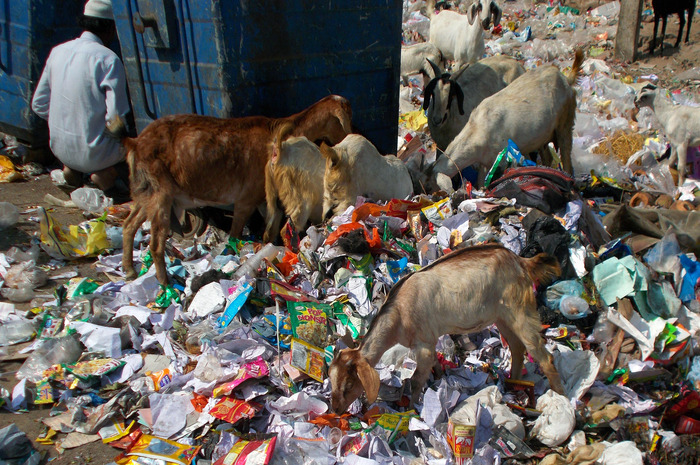
The Global Waste Crisis
The world generates over 2 billion tons of municipal solid waste annually, with at least 33% not managed in an environmentally safe manner.
3.5 Million Tons
Of waste is produced daily worldwide, with high-income countries generating over 34% of the world's waste.
8 Million Tons
Of plastic waste enters our oceans every year, threatening marine life and ecosystems.
4.2 Million
Premature deaths annually are linked to ambient air pollution, often exacerbated by waste burning.
The World's Dirtiest Cities
These urban areas face the most severe waste management challenges, affecting millions of lives daily.
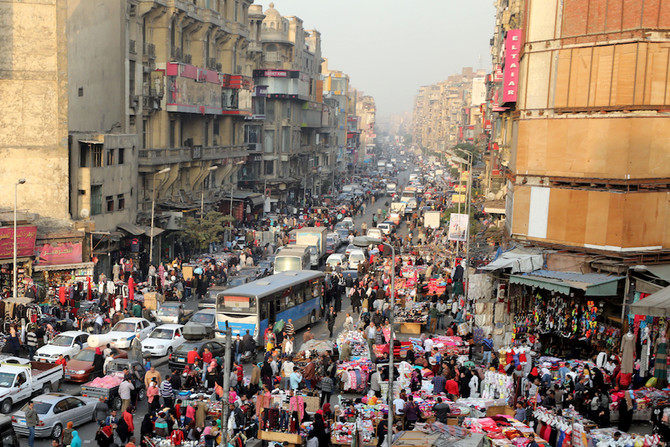
Delhi generates over 10,000 tons of waste daily, with inadequate collection systems and open dumping. The Ghazipur landfill is one of the largest in the world, standing taller than the Taj Mahal.
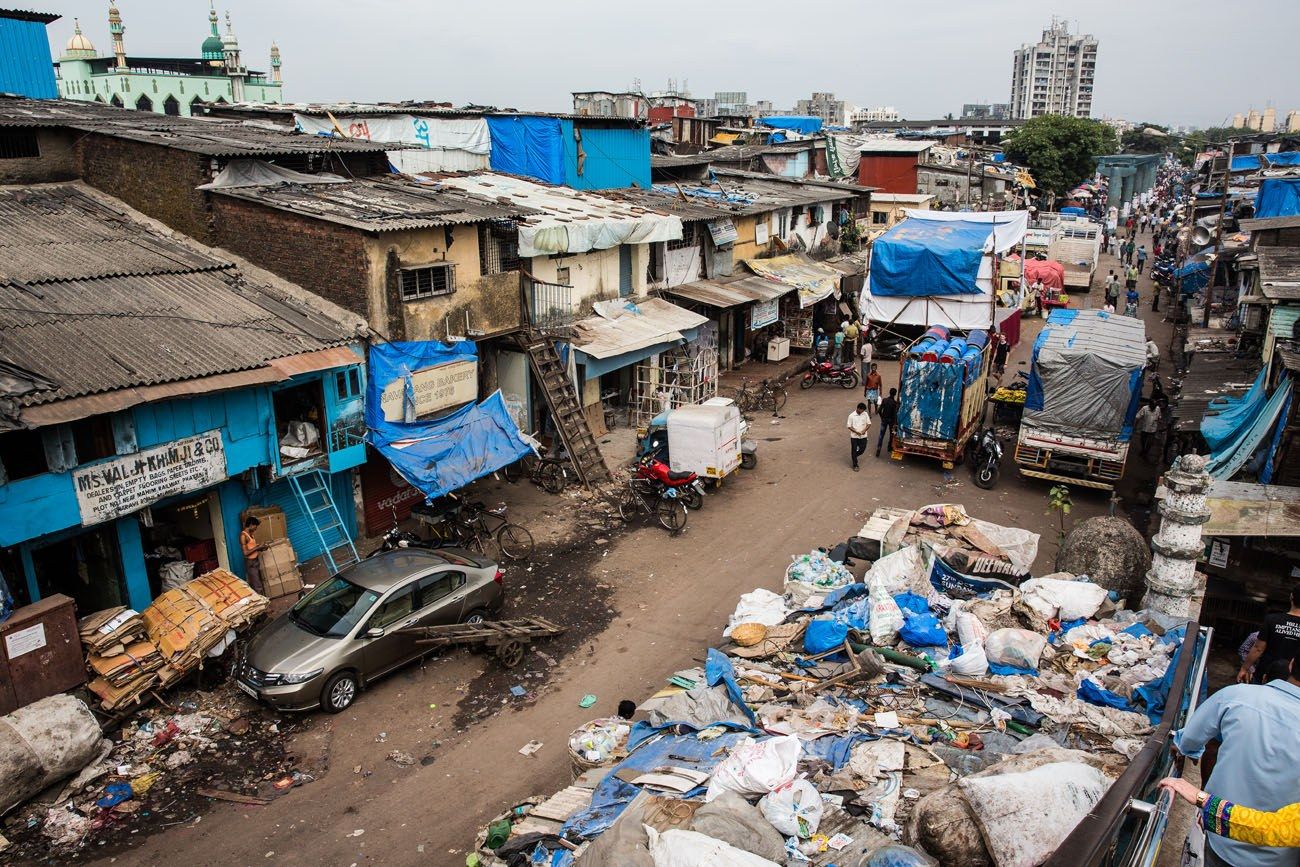
Cairo's waste management crisis intensified after the 2011 revolution when traditional waste collectors (Zabbaleen) were marginalized. The city now struggles with over 15,000 tons of daily waste.
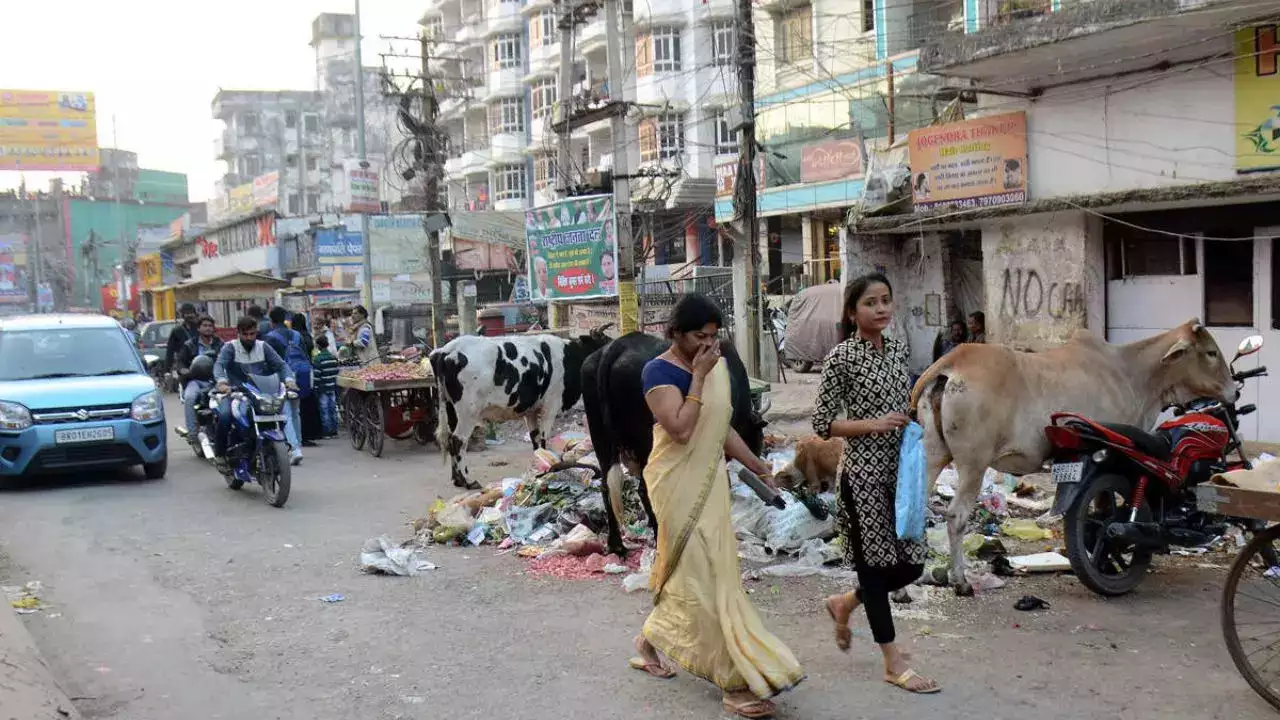
Mumbai's Deonar dumping ground is one of Asia's largest and oldest landfills. The city generates 7,000+ tons of waste daily with limited segregation and recycling infrastructure.
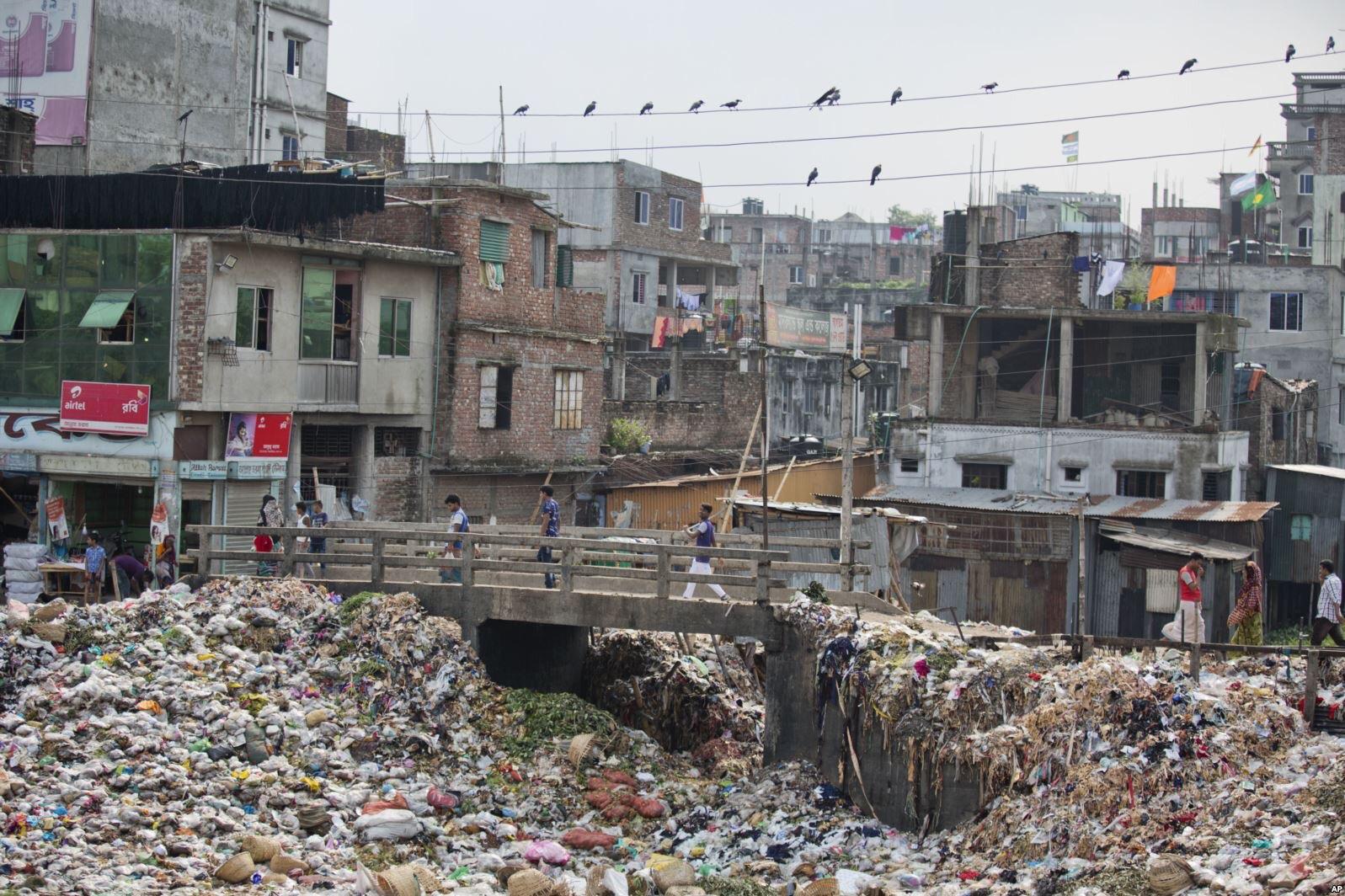
Dhaka faces severe waste management challenges with only 37% of waste collected properly. The remaining waste clogs waterways and drains, causing flooding during monsoon seasons.
The Devastating Consequences
Improper waste management affects every aspect of our lives and environment.
Respiratory Diseases
Open waste burning and decomposition release toxic pollutants that cause respiratory infections, asthma, and chronic obstructive pulmonary disease (COPD). Children and the elderly are particularly vulnerable.
Vector-Borne Diseases
Uncollected waste provides breeding grounds for disease vectors like mosquitoes, flies, and rats, leading to outbreaks of dengue fever, malaria, cholera, and typhoid.
Water Contamination
Leachate from landfills and dumpsites contaminates groundwater and surface water, exposing communities to harmful chemicals and pathogens that cause gastrointestinal diseases and other health problems.
Support Our Global Cleanup Fund
Your cryptocurrency donation will directly support waste management solutions in the world's most polluted cities.
Send your Solana (SOL) donations to the address below:

Transactions on Solana blockchain are fast and have low fees.
Your donation will be used for waste management projects.
85% of all funds go directly to waste management projects, 10% to education and awareness, and 5% to administrative costs.
How Your Donation Makes a Difference
Every dollar you contribute goes toward creating sustainable waste management solutions in the world's most polluted cities.
Community Engagement: We work directly with local communities to implement waste collection systems.
Recycling Infrastructure: We help establish recycling centers that create jobs and reduce waste.
Economic Opportunity: Our programs create sustainable livelihoods in waste management.
